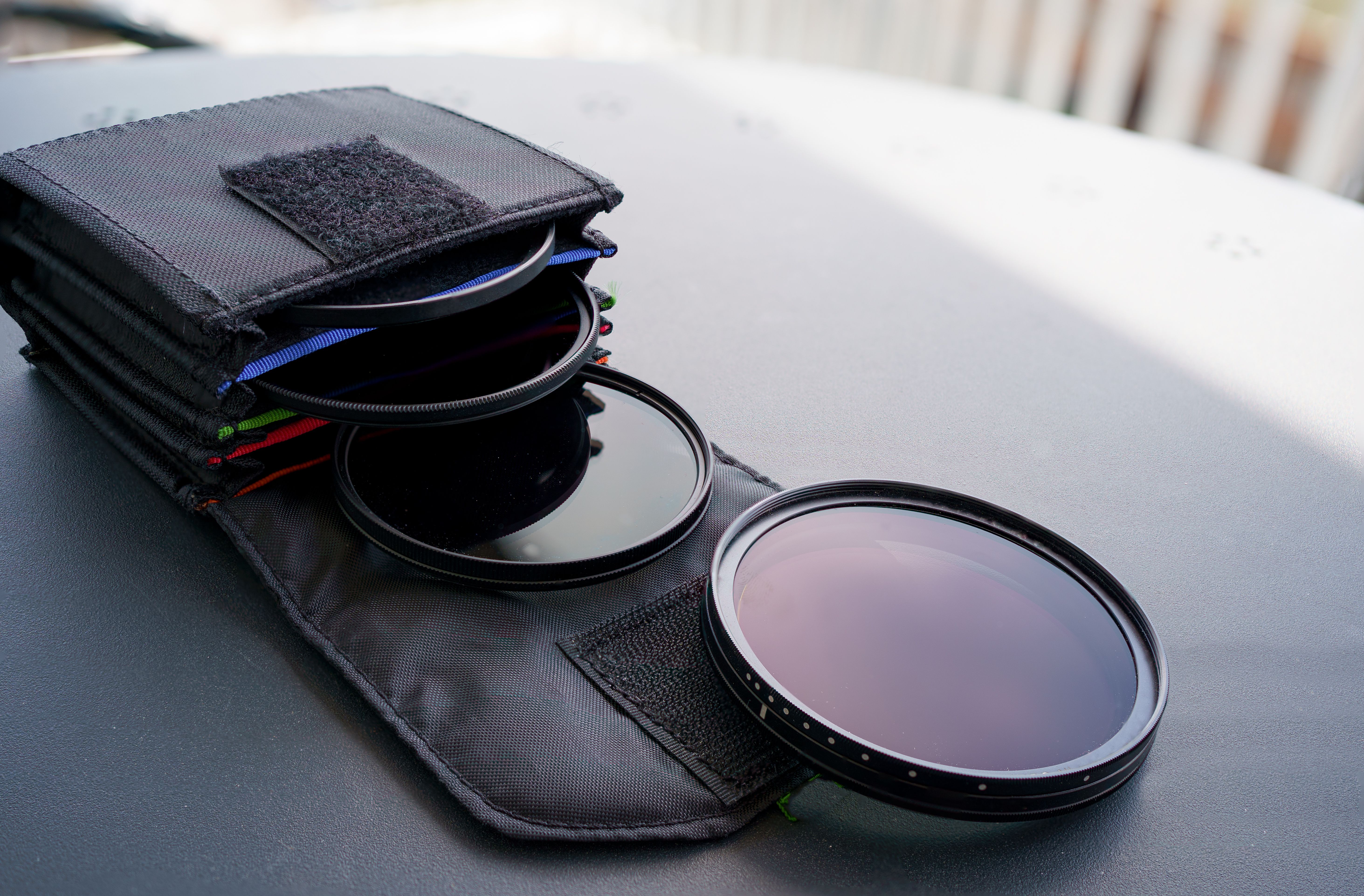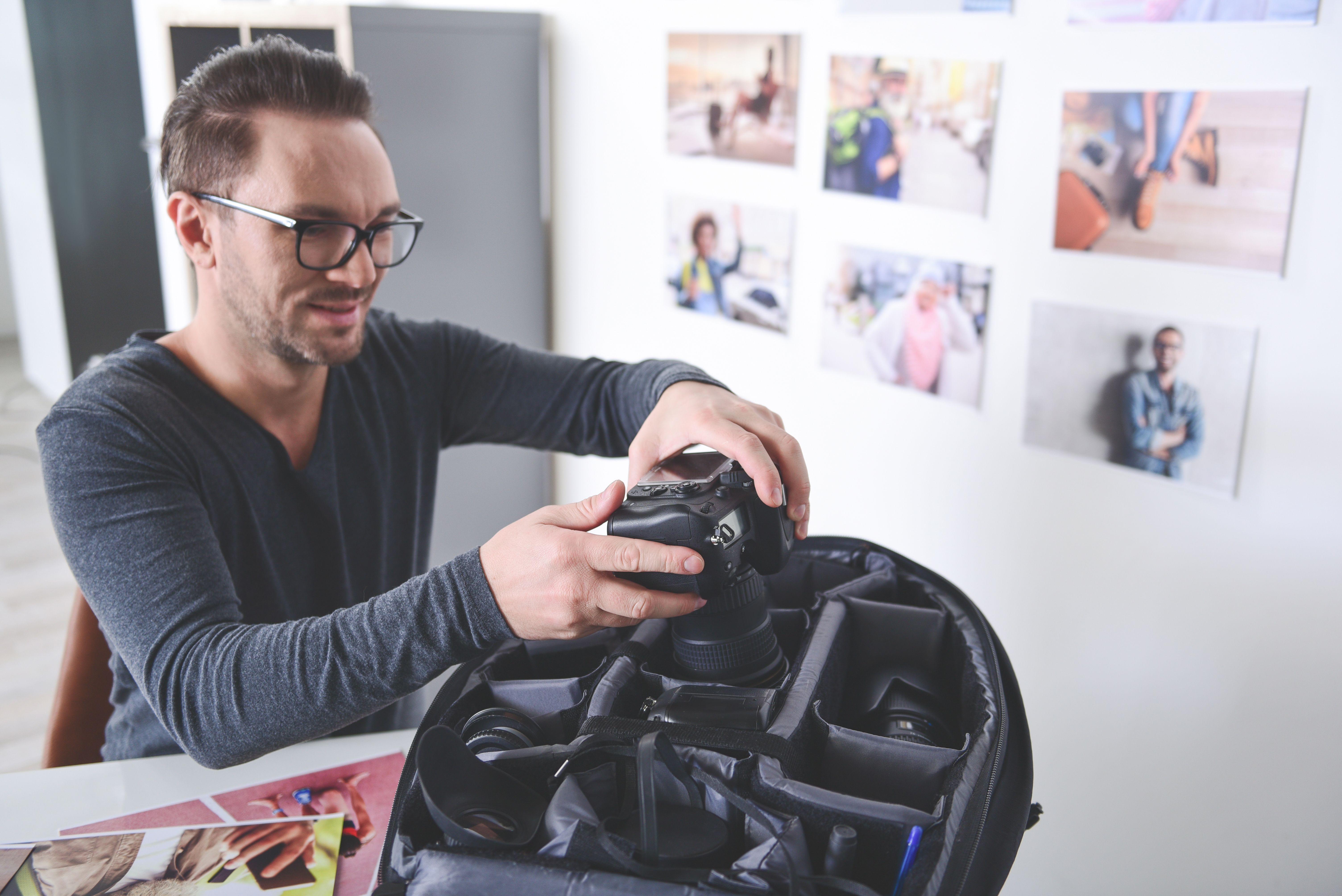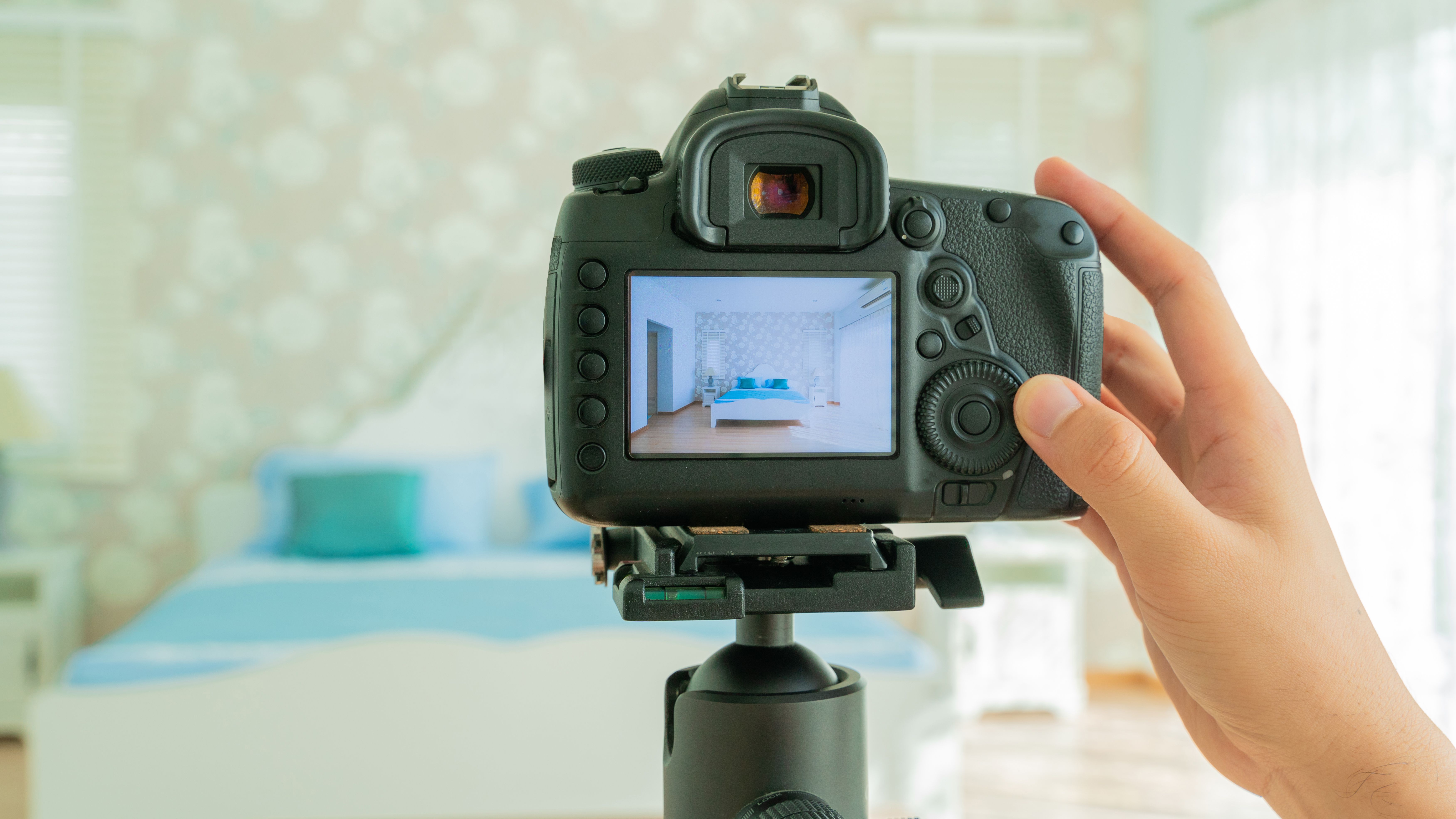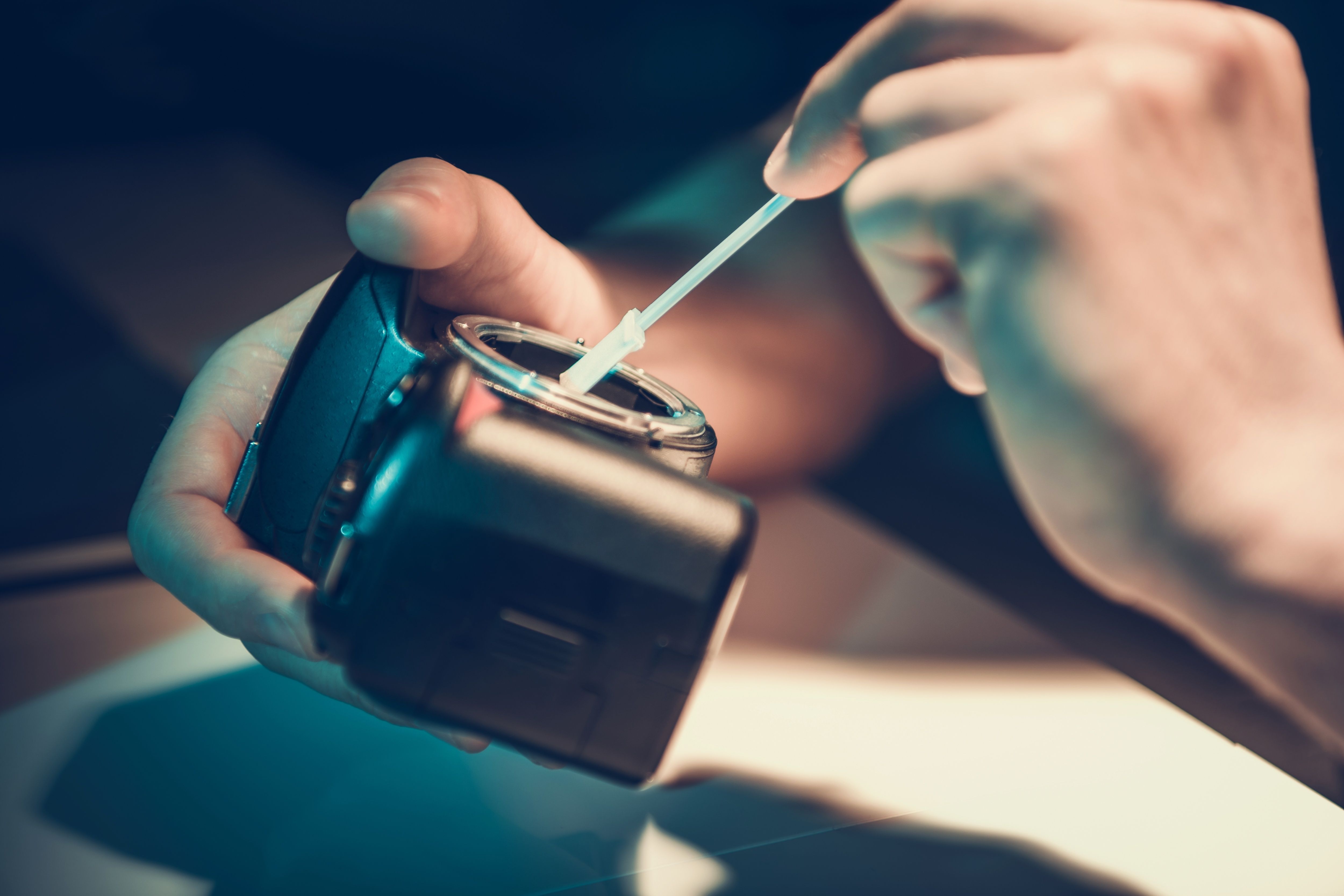Enjoy FREE URBAN SHIPPING on purchases over $800! T&Cs apply.
Protecting your Gear
Being a camera store, we're no stranger to having people bringing in their broken cameras. The stories vary – from tripods tipping over, kids having a bit too much fun taking photos with their parent's camera, slipping on uneven rocks at the coast, a bag's zipper not being closed enough – just to mention a few. Sometimes these things are just unavoidable, but often too, they can be easily avoided with the right gear or care. Here are some tips from our team on protecting your valuable gear!
Gear to protect your camera
Filters - not just a one-trick pony
You may know lens filters as a great way to add unique effects to your images such as long exposures or reduced reflections, but did you know that filters can also be a great way to protect the front of your lens too? A quality UV filter will not affect your image, but will act as a physical barrier for your lens's front element - preventing fingerprints, smudges, scratches and more from damaging it. And when the filter gets damaged, it can be swapped out for a new one - and they're often much cheaper than replacing a whole lens!

It's in the bag
The last thing you want when you're travelling is to arrive at your destination only to find that your camera got banged up on the way there! It's important to invest in a good camera bag to protect your gear. Compared to regular bags, they feature much more extensive padding to help absorb knocks, drops, and impacts.
Camera bags come in a wide range of shapes and sizes to suit your gear or needs - from small pocketable cases for your compact cameras, strap bags for carrying light, all the way to proper backpacks to fit all of your gear and more. Check out our range of bags here.

Your tripod matters
Tripods are something you don't want to cheap out on. Not only will a good quality tripod last longer, but it will also be more stable when holding up your camera. Cheap tripods are often made of flimsy materials - which is OK for phones and small cameras, but if you have a DSLR or mirrorless camera (especially with a heavy lens attached), they can easily tip over on uneven surfaces. A higher-quality metal or carbon-fibre tripod will have more solid legs that can better support larger set-ups. You can view our range of tripods here.

Some handy tips
Keep your camera clean!
One of the most important things you can do to ensure the longevity of your camera and gear is to clean it regularly, especially after outings in dusty or humid environments. Make sure you clean the exterior of your camera body and lenses regular with a microfibre cloth, brush, or blower, removing any dirt or dust that could make its way into components and cause issues such as corrosion. On zoom lenses, one of the common issues we see is grit getting into the gap where the barrel extends out of the lens. Removing dirt from the barrel is an easy way to reduce the risk of this happening. Humid and wet conditions (such as salt-spray at the beach) can also damage a camera, so it's also important to dry off any droplets from your camera. We stock a range of cleaning kits that can help you look after your camera.
To prevent dust or dirt from getting inside the camera, it's important to change lenses in a sheltered location - if you're travelling, change your lenses inside your car. If your camera's sensor gets dusty or dirty, it's important to have it cleaned as soon as possible. The camera sensor is delicate and can be easily scratched or marked. We provide sensor cleaning kits or can clean the sensor for you - contact us for details.
If you've got professional, high-level lenses, you may also want to consider investing in a humidity-control cabinet to prevent fungal growth on your glass.

Take out batteries when not in use
If there's going to be a period where you won't be using your camera, take out your camera's battery. This will help the battery to last longer before it needs to be replaced - the last thing you want is for your battery stop holding a charge just before a photoshoot! And it's especially important to do this for any gear that uses alkaline batteries like AA/AAAs (e.g. camera flashes) - alkaline batteries can wreak havoc on electronics if left in for too long, because of their tendency to leak after they run flat.
Get problems sorted early
Something not seem right with your camera? Get it checked out as soon as possible. Minor issues could be an indicator of a more serious underlying problem that if not treated, could get worse and cause more damage.
Not sure? Talk to us!
Our team are always happy to chat about how you can look after your gear. Or if something's gone wrong, they can help you out and see if it can be fixed.
The views and opinions expressed in this article are solely those of the author and do not necessarily reflect the views of Lazer Photos & Cameras or affiliated companies. The information provided on this blog post and the website are for informational purposes only. Last updated 18/11/25.
Display prices in:NZD
